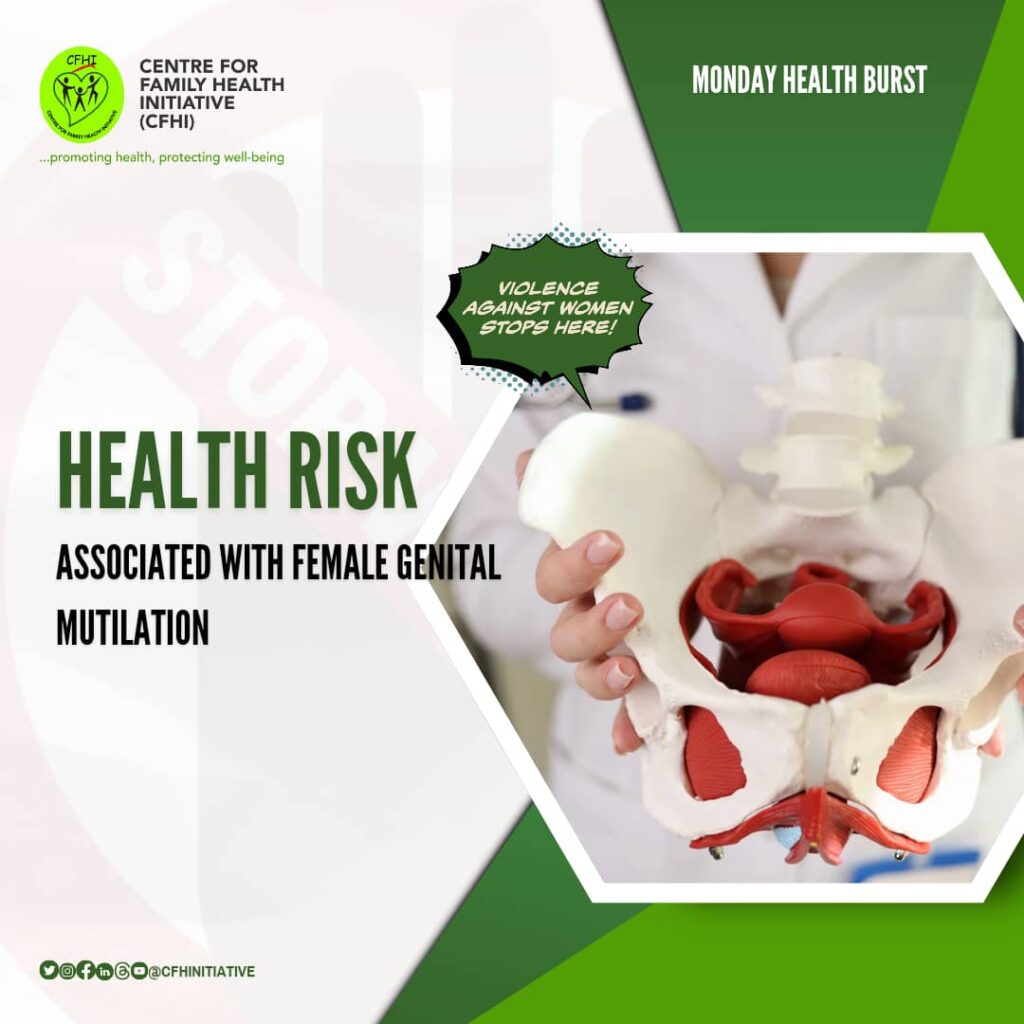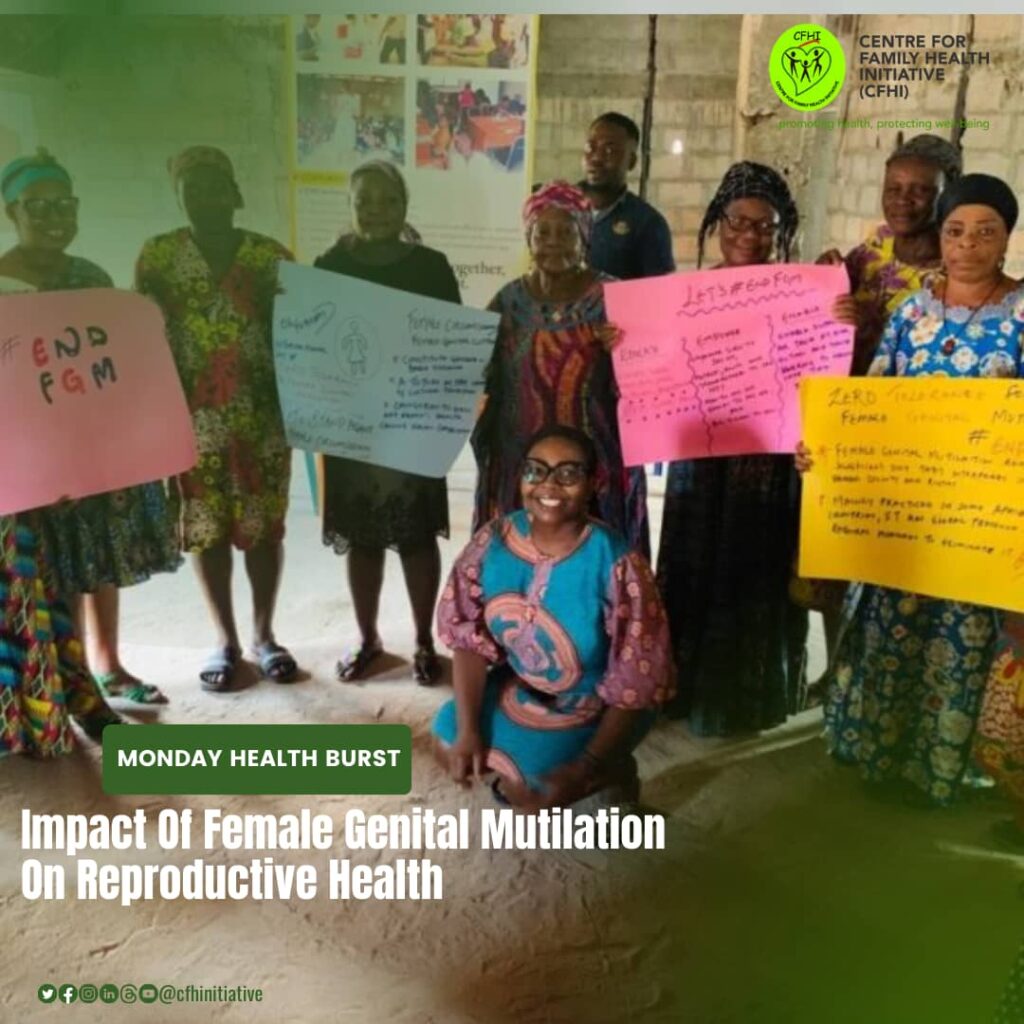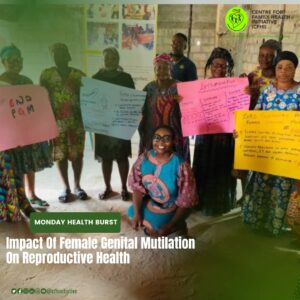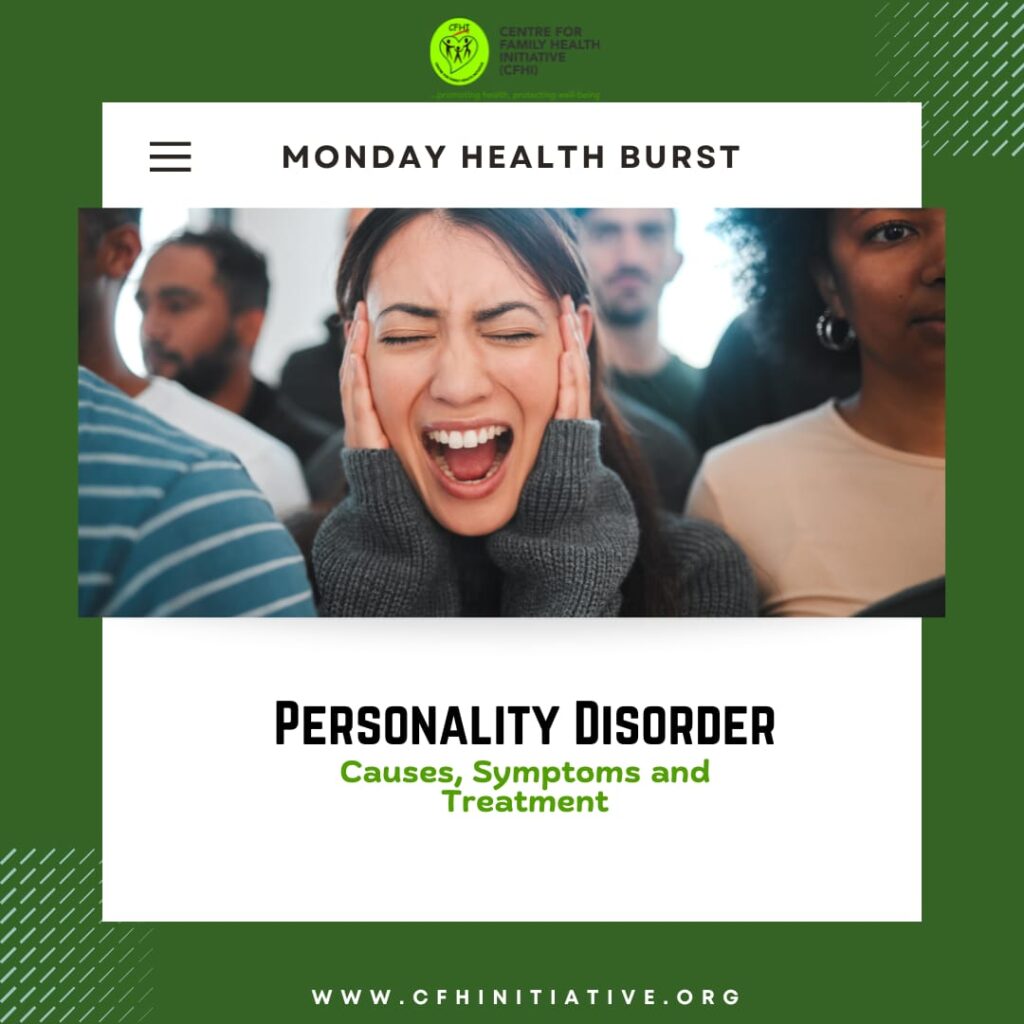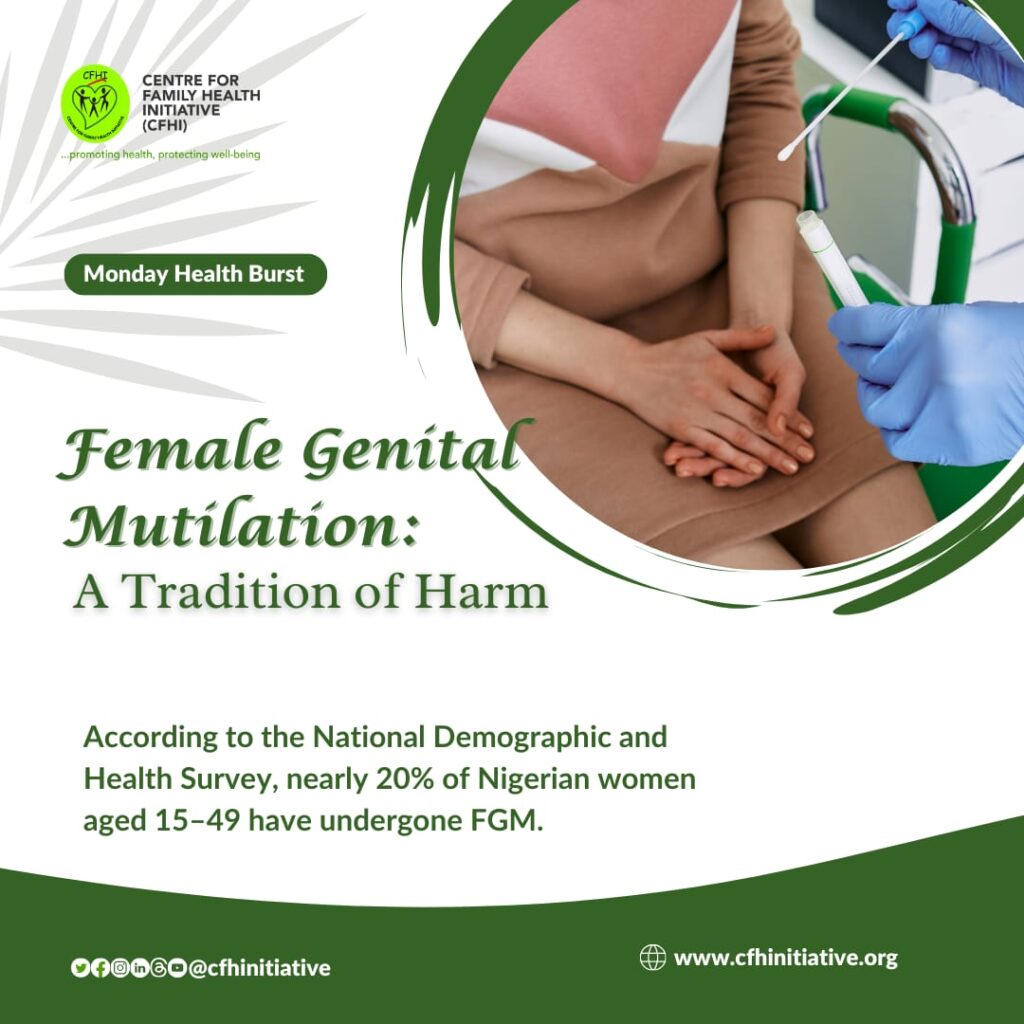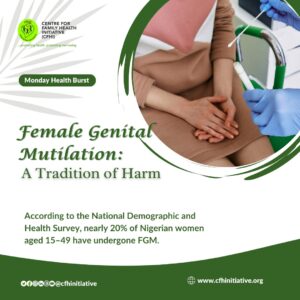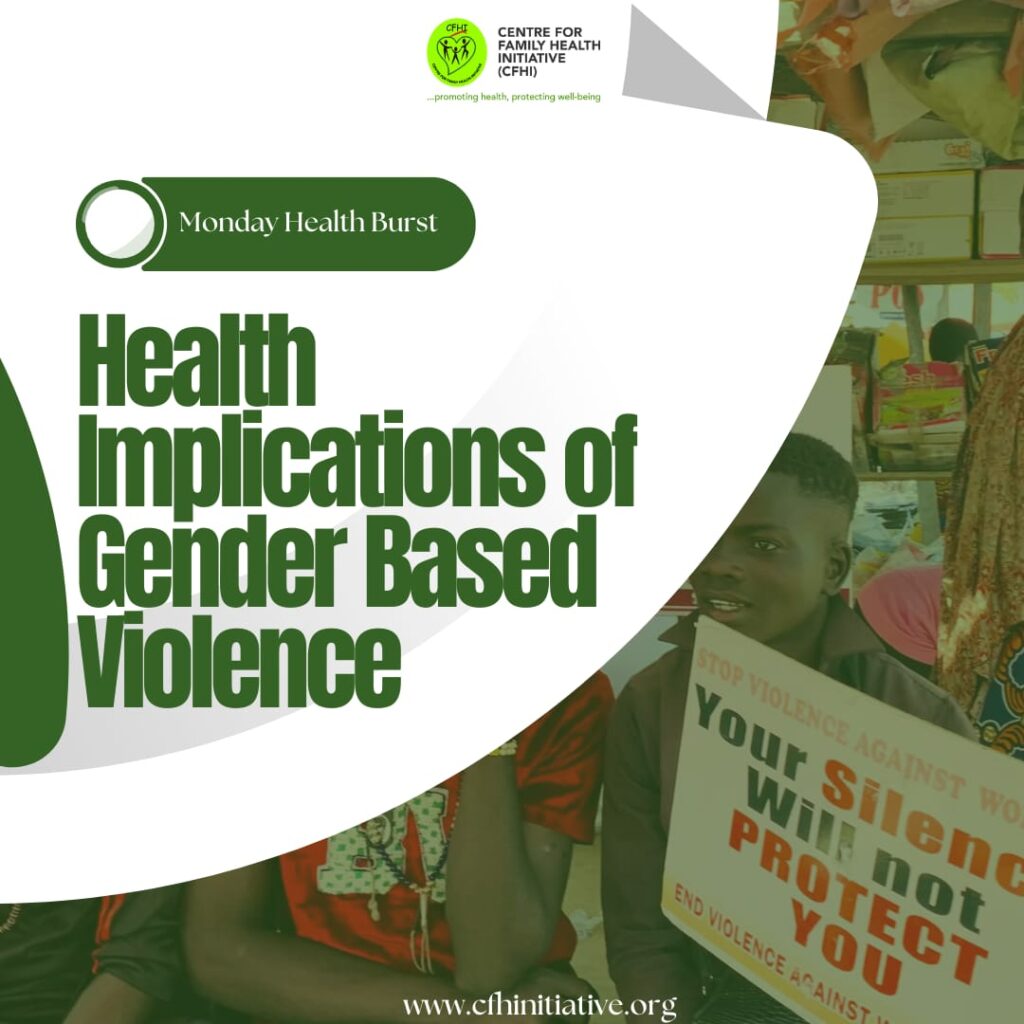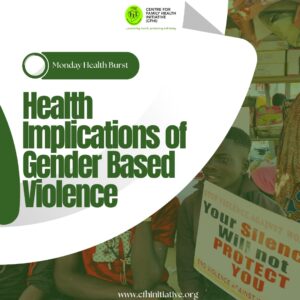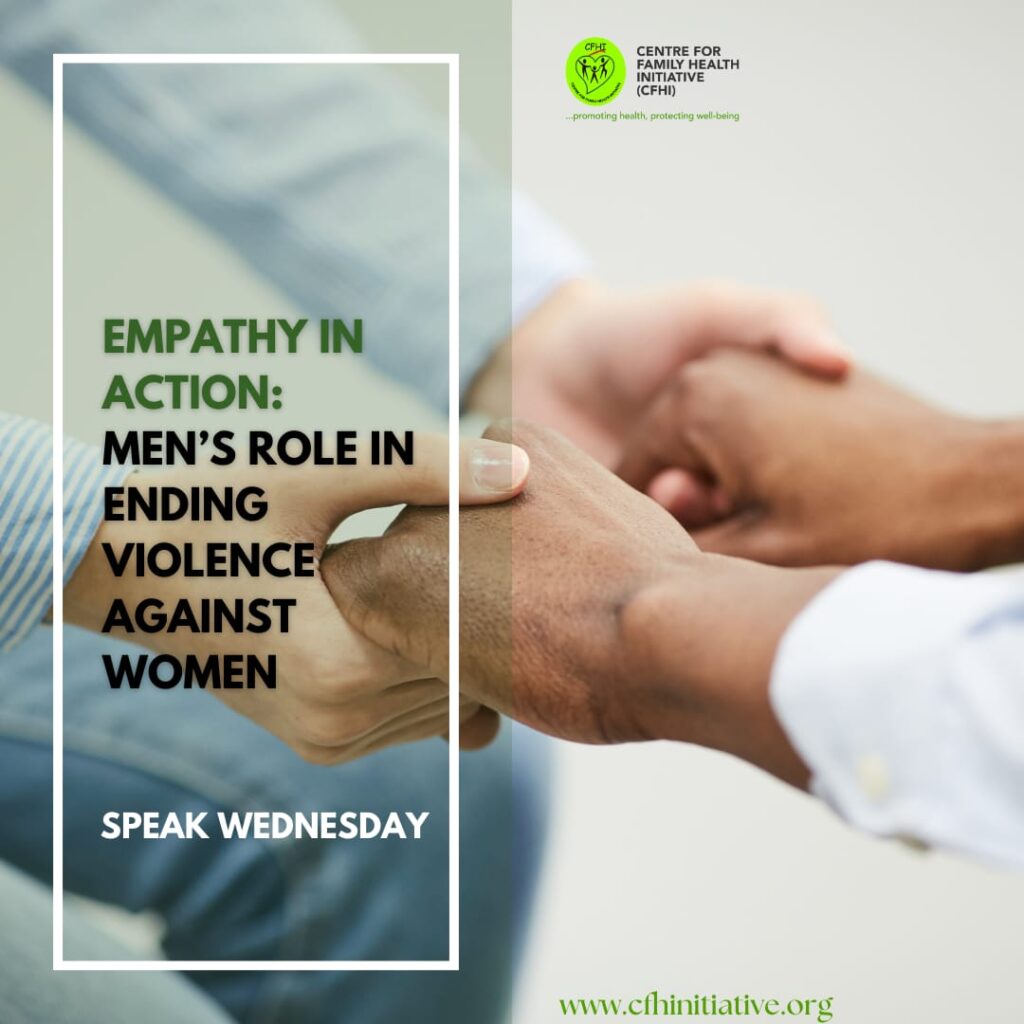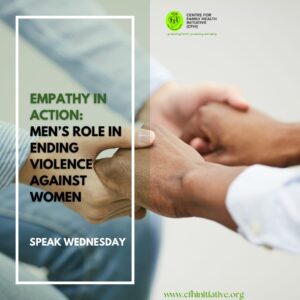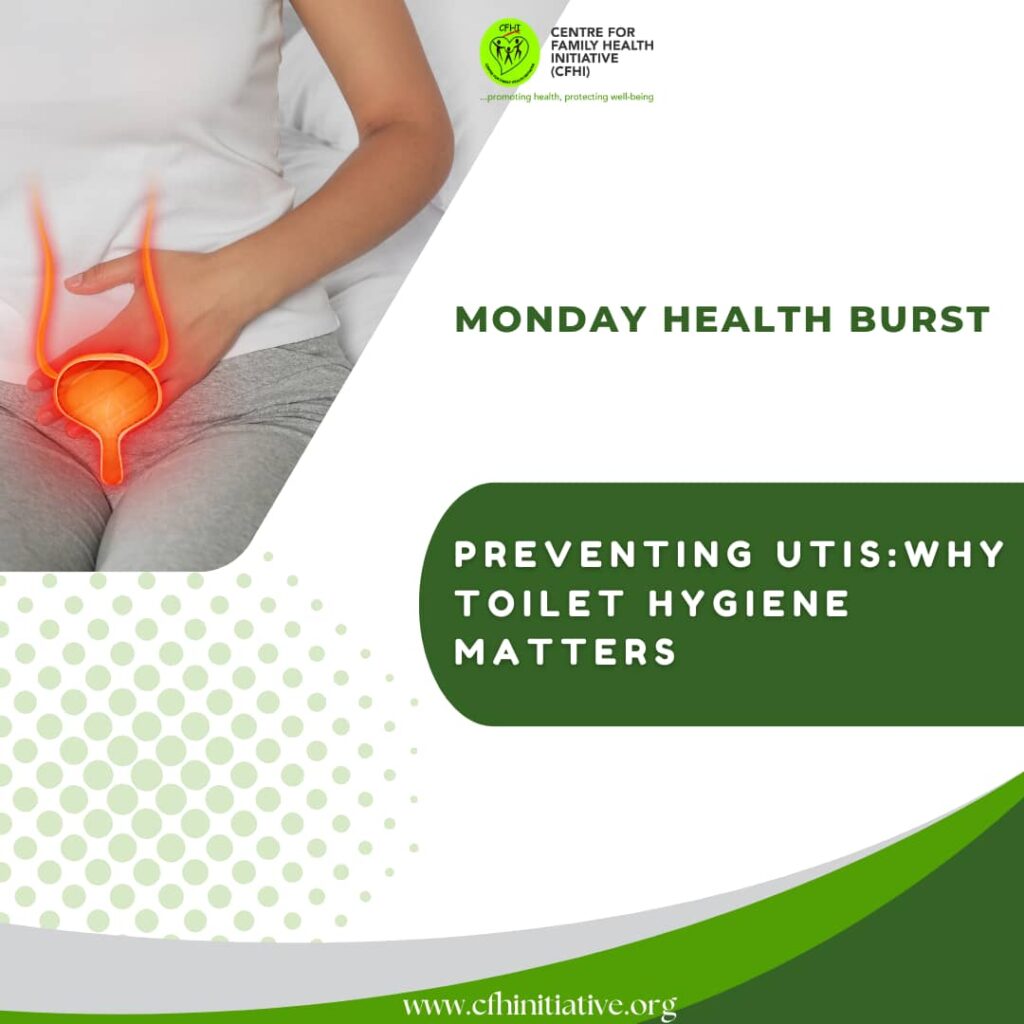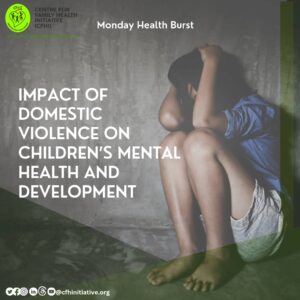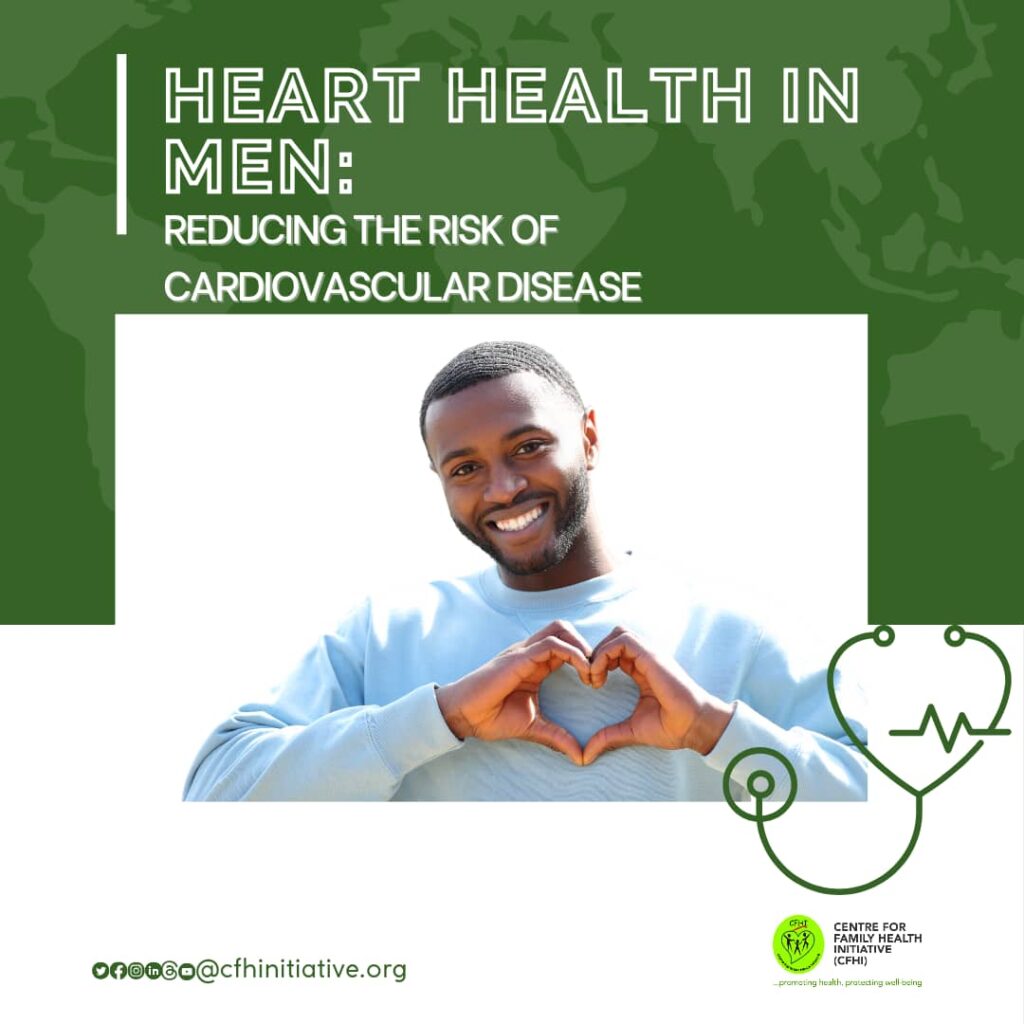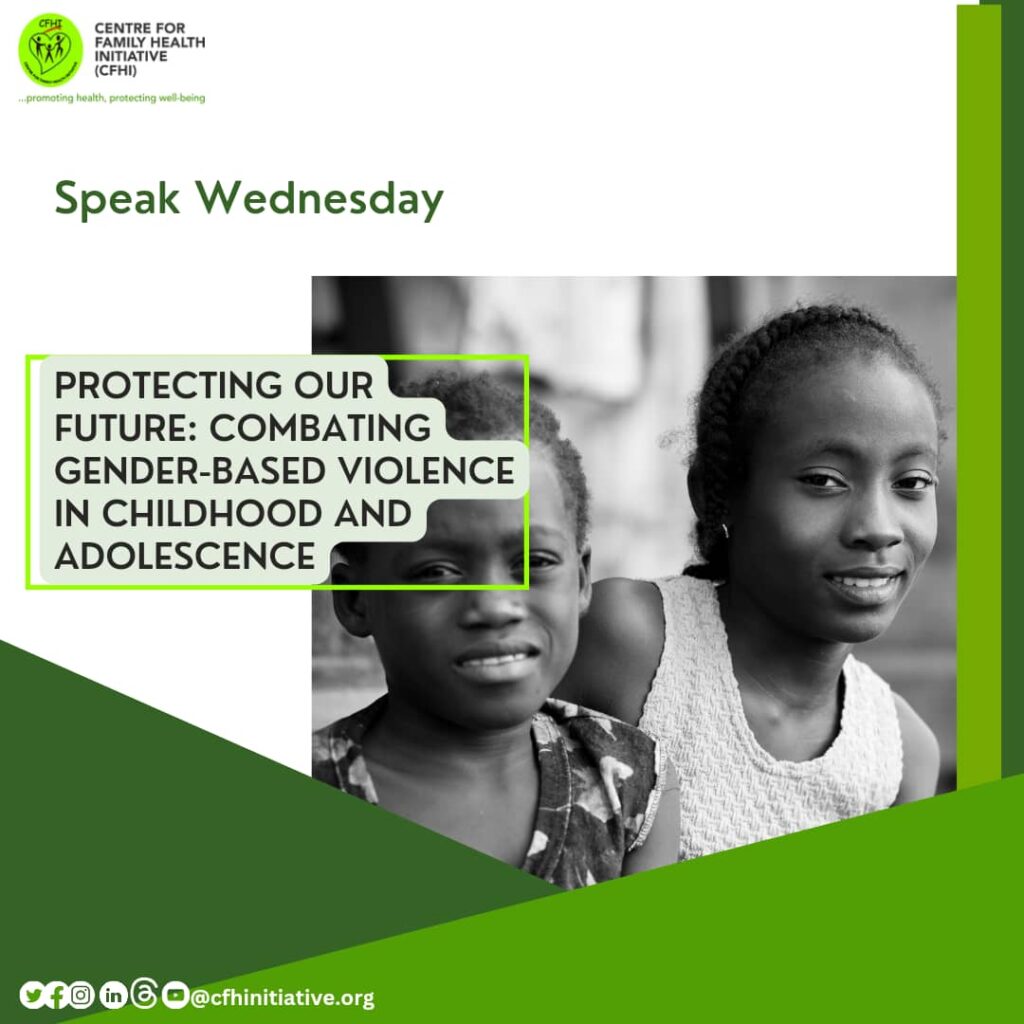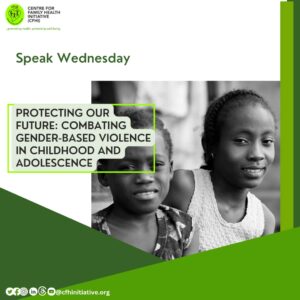MONDAY HEALTH BURST ON HEALTH RISKS ASSOCIATED WITH FEMALE GENITAL MUTILATION
Last week, we explored the Impact of Female Genital Mutilation (FGM) on Reproductive Health, shedding light on how this practice affects women’s reproductive systems and their overall well-being. This week’s article serves as a continuation, delving deeper into the immediate and long-term health risks associated with FGM.
Immediate Health Risks
- Severe Pain and Shock: The procedure is often performed without anesthesia, causing unbearable pain and trauma, which can lead to shock and, in extreme cases, death.
- Excessive Bleeding (Hemorrhage): Due to the crude instruments used, excessive bleeding is a common complication, which can result in fatal blood loss.
- Infections: Unhygienic conditions and unsterilized tools increase the risk of infections, including tetanus and sepsis.
- Urinary Complications: Swelling and damage to the urethra can lead to painful urination and urinary retention.
- Death: A combination of severe bleeding, shock, and infections can result in the immediate death of the victim.
Long-Term Health Consequences
- Chronic Pain: Scar tissue and nerve damage often result in persistent pain and discomfort.
- Menstrual Problems: Obstruction caused by scar tissue can lead to painful and irregular menstrual cycles.
- Increased Risk of Infections: FGM increases susceptibility to recurrent urinary tract infections (UTIs) and sexually transmitted infections (STIs), including HIV.
- Complications in Childbirth: Women who have undergone FGM face a higher risk of prolonged labor, obstructed childbirth, postpartum hemorrhage, and stillbirth.
- Sexual Dysfunction: The removal of sensitive genital tissues reduces sexual pleasure and can lead to painful intercourse, negatively impacting intimate relationships.
- Psychological and Emotional Trauma: Victims of FGM often suffer from post-traumatic stress disorder (PTSD), depression, anxiety, and a sense of loss.
Female Genital Mutilation remains a grave violation of human rights with devastating health consequences. Eradicating this practice demands a collaborative effort from governments, health organizations, community leaders, and activists. Education, awareness campaigns, and the empowerment of women and girls are crucial in ending FGM and protecting future generations from its harmful effects.
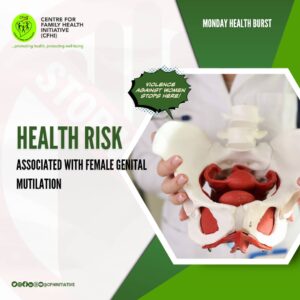
MONDAY HEALTH BURST ON HEALTH RISKS ASSOCIATED WITH FEMALE GENITAL MUTILATION Read More »

